Introduction
For any online entrepreneur or business owner, digital transformation is key and digital assets form a significant part of it. However, regardless of how efficiently one transforms their business for modern times, they cannot derive worth from it without visibility. Everyone knows SEO is key for online visibility and everyone has heard of all the jargon that surrounds it.
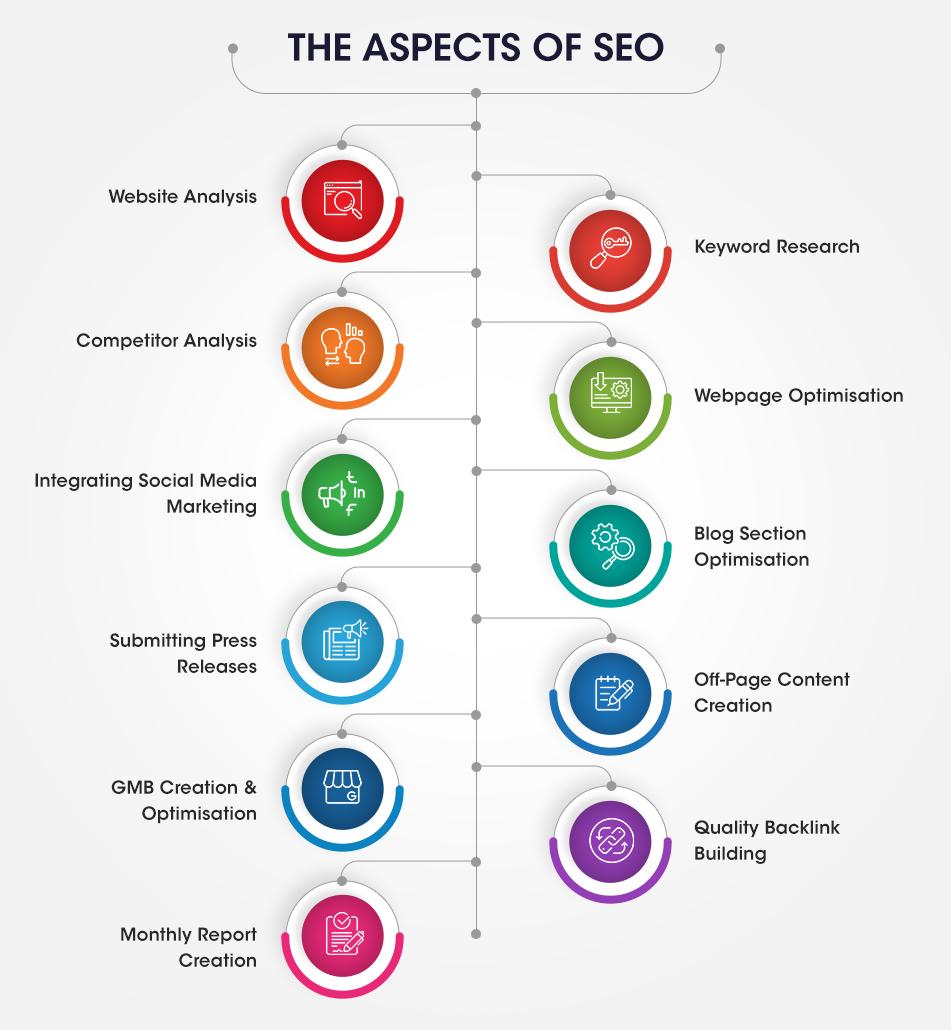
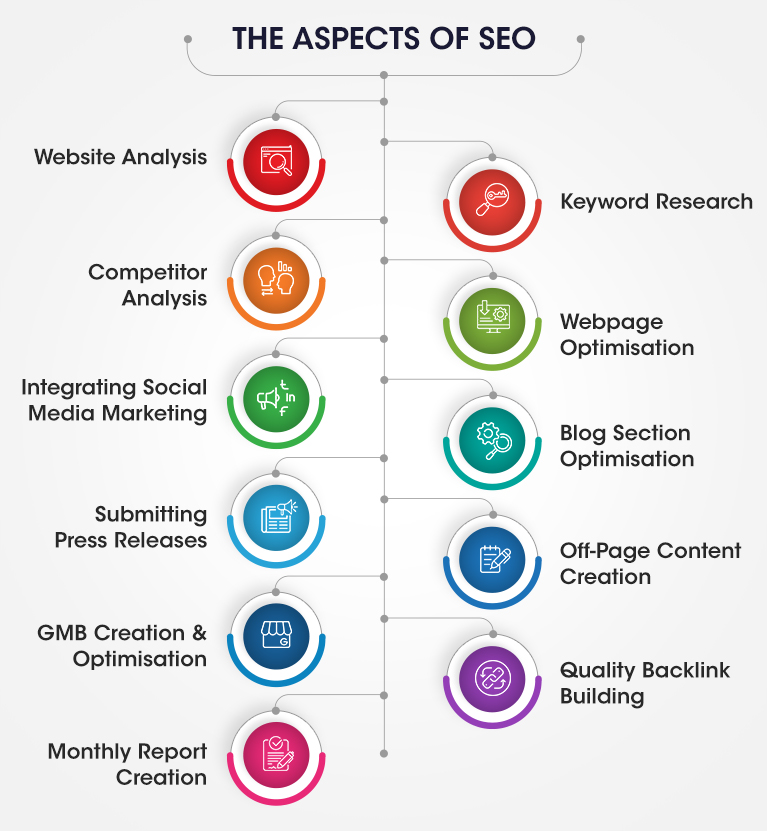
But is that enough?
Everyone knows what they want to accomplish through SEO. But the crux of the matter lies in accomplishing it.
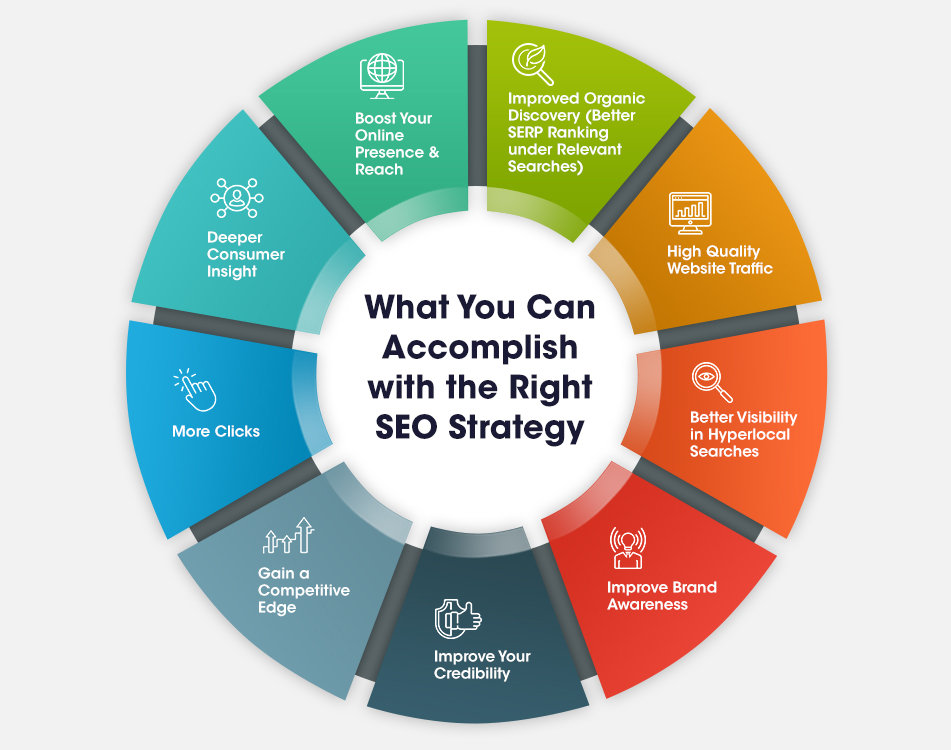
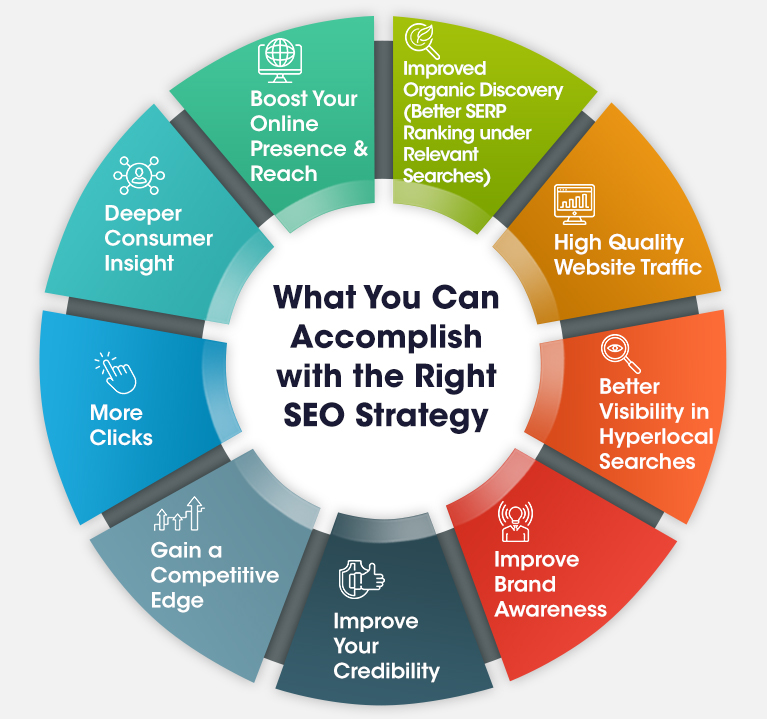
When you search online – lot of information – different experts give different advices, have different approaches, techniques, and tricks. However, SEO is subjective – what works for one may not work for another. Additionally, many people still follow age-old practices that are either wrong or no longer relevant in the present scenario.
A Major Roadblock for Successful SEO
Most powerful tool – drives organic traffic. No expenses on paid adverts, other paid modes of reaching potential customers. It’s not only about finding the right technique for your business but also about letting go of irrelevant or incorrect SEO practices.
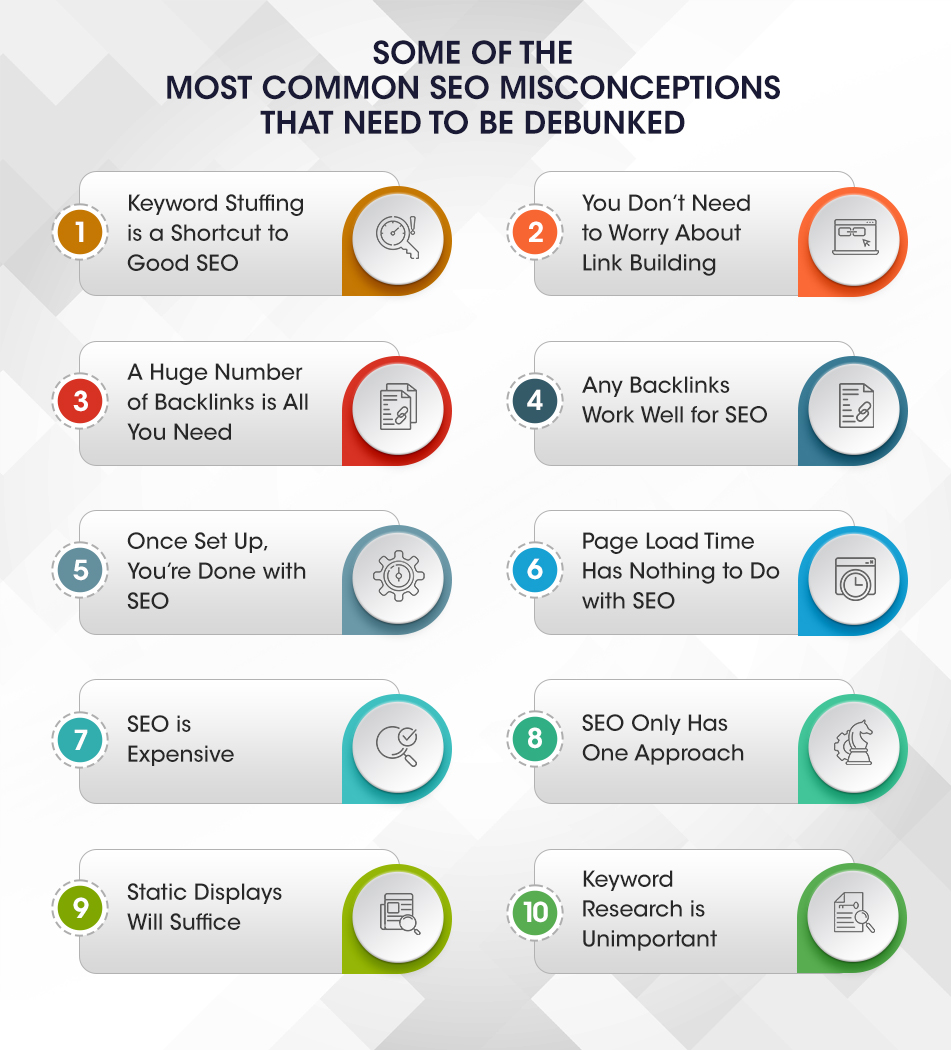
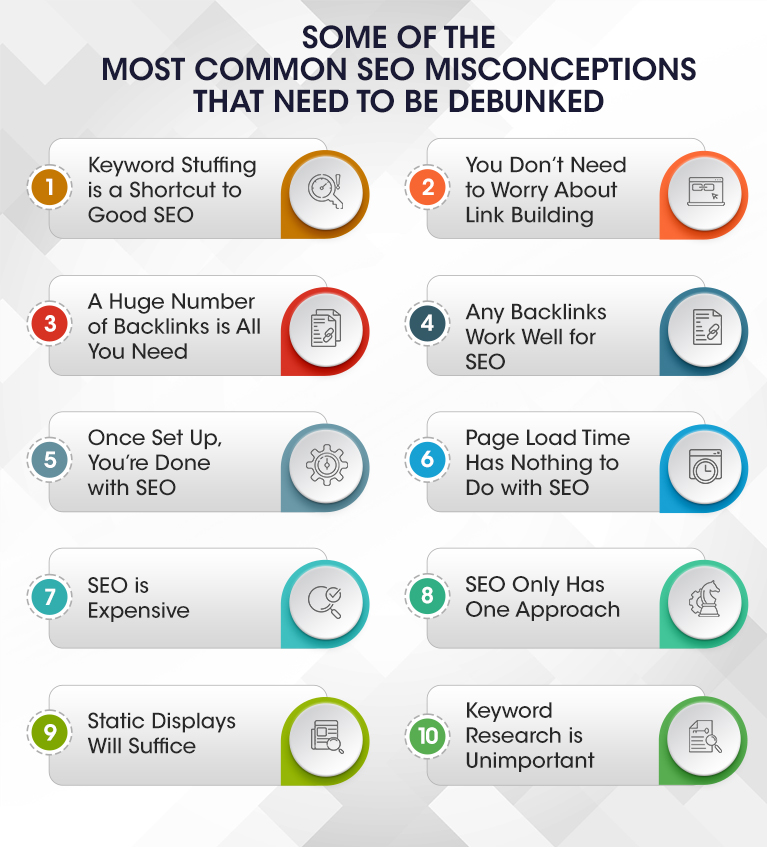
Myth #1: A High Keyword Density is All You Need
Fact: Search engine crawlers are smarter now.
People who believe that keyword stuffing or high keyword density can help them rank higher are still living in the early 2000s. Using keyword repetitively, out of context, and unnecessarily is a spam tactic – type of black hat SEO that search engines do not approve of – may have worked once upon a time – leads to a negative consumer experience – can get a website penalised.
What You Should Do
Use relevant keywords where they make sense, in a way that they do not seem unnatural or forced. Focus instead should be on addressing consumer needs. Search engines like Google do take keywords in consideration but user experience takes precedence.
Myth #2: Link Building Has No Effect on Ranking
Fact: Search engine crawlers understand link building hierarchies, which make a significant part of ranking considerations.
Creating and implementing link building strategies require time and due thought. Number of links leading to your website are taken into consideration for ranking. However, that is not all. They are also used to discover new pages by the crawlers of search engines.
What You Should Do
Brainstorm new ways for others to backlink to your site to build authority and credibility as improper linking structures may cause crawlers to fail and your site will not be indexed properly.
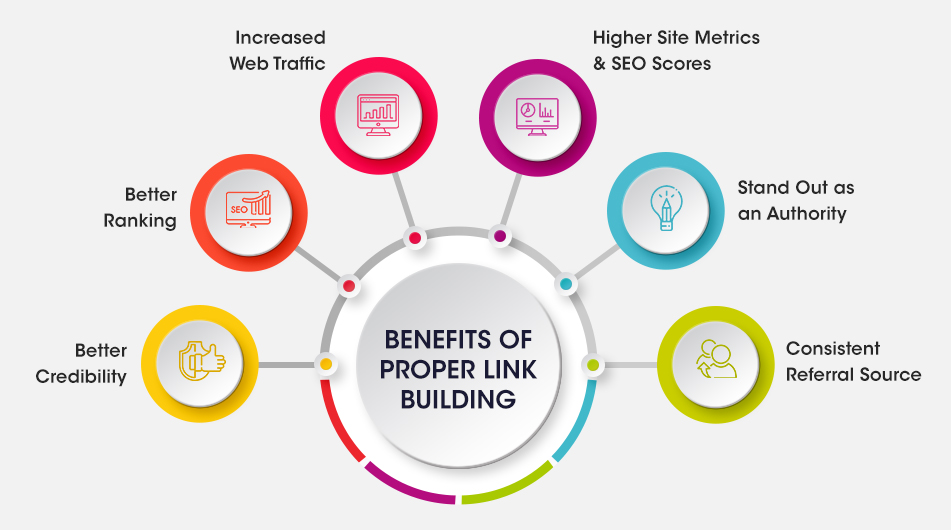
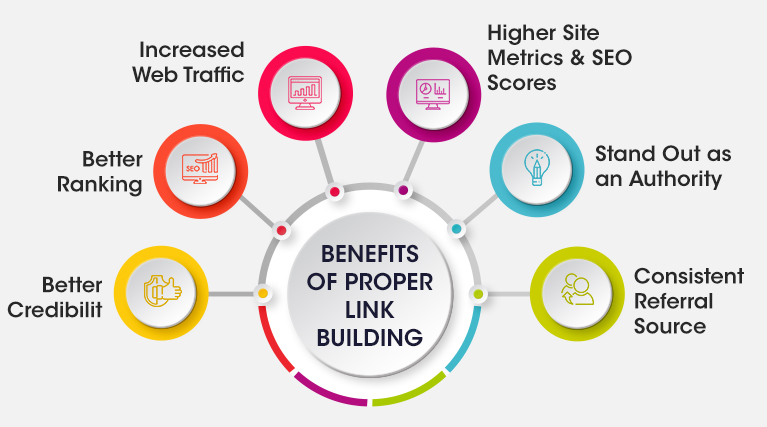
Backlinks – best way to establish authority, tell the search engine bots that your page is relevant for your potential audience – helps improve search engine ranking.
Myth #3: Just have Tons of Backlinks and Google will Respect You
Fact: Quality of links is more important than how many they are.
Every webpage needs backlinks to show search engines like Google that you are an authority in your domain. Many people think tons of backlinks will help – wrong. Too many low-quality backlinks will instead hamper page ranking – will rank lower, not seem trustworthy. Users are smarter – if they see too many links – instant mistrust.
What You Can do
Lower the number of backlinks and instead pay attention to quality. Quality backlinks come from domain authority websites that users & search engines trust. May take time – better in the long run.
Myth #4: Just Get Random Links to Your Page from Trusted Websites
Fact: Links to or from irrelevant sites makes users feel disrespected and that you are wasting their time.
Type of link – effects search engine rankings. Cannot make random backlinks to your page and expect outstanding results. As a content creator –first responsibility – provide value to your audience through your content. Same applies to backlinks.
What You Should Do
Building authority, creating trust > higher conversion rates – main aim of SEO. Make sure that the backlinks to your page are relevant to your content and your niche. Don’t link to random sites – do your research – find out what is best for your domain – include internal and external links.


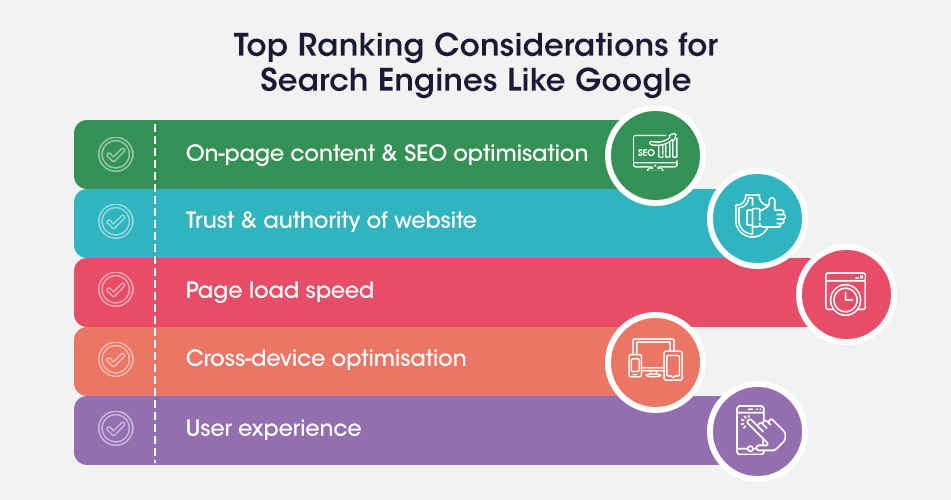
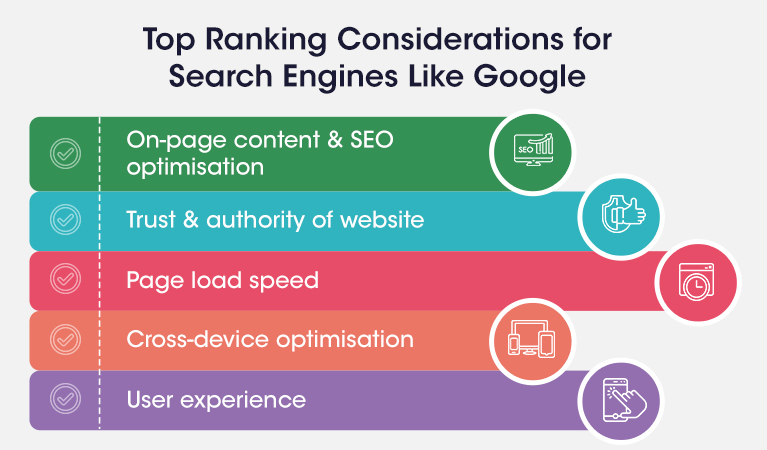
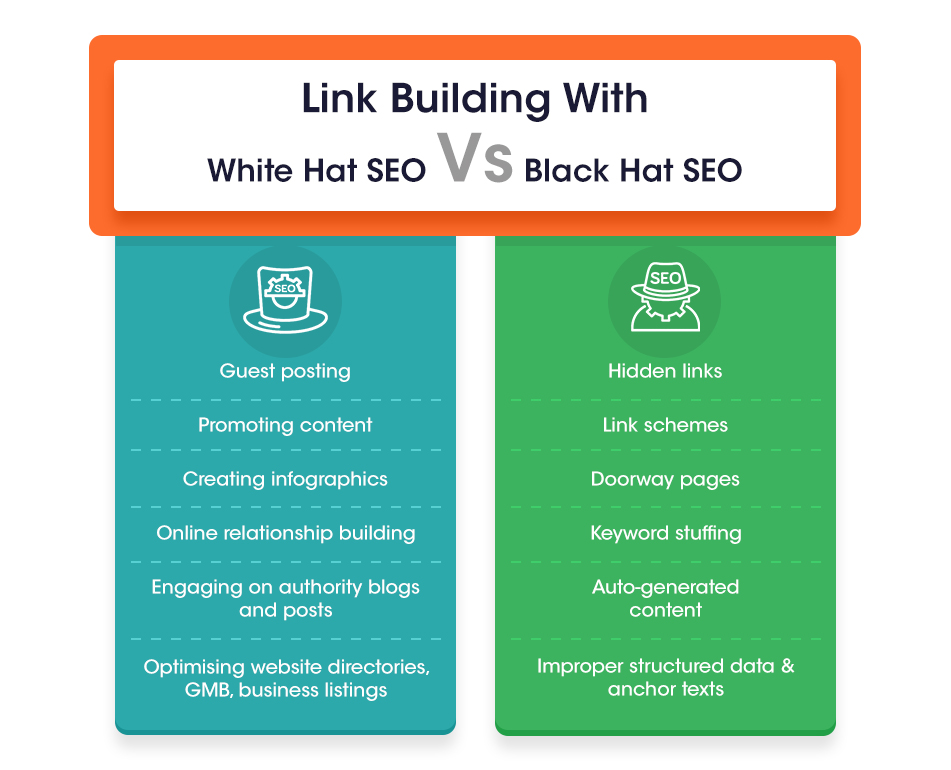
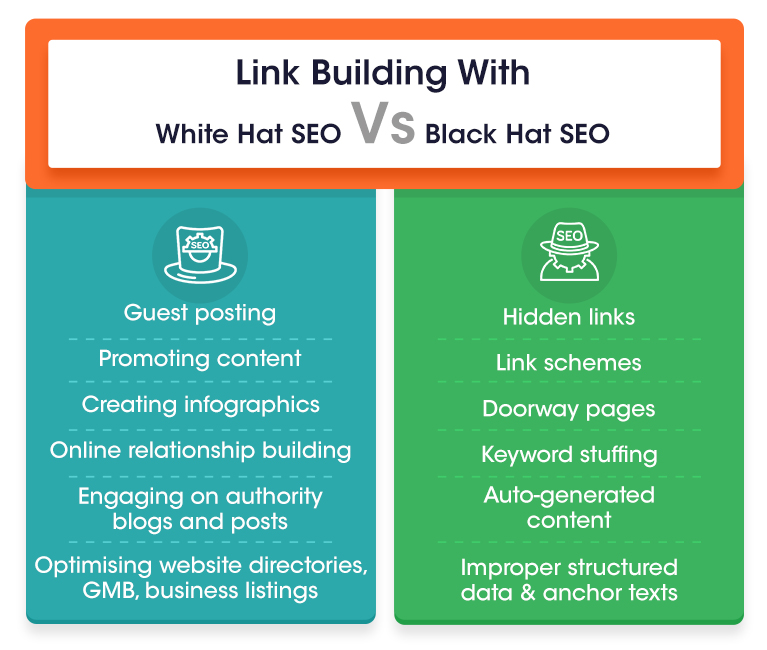
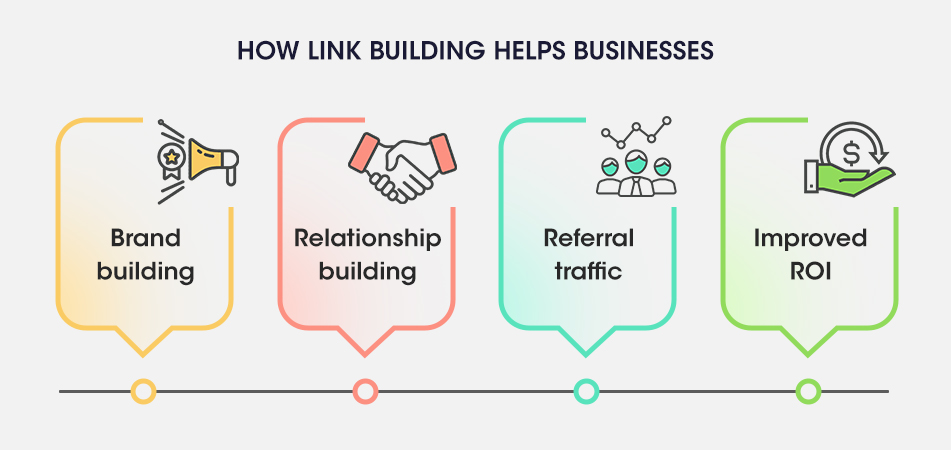
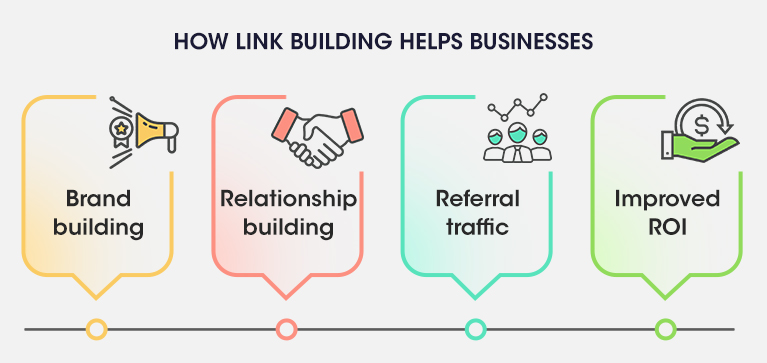
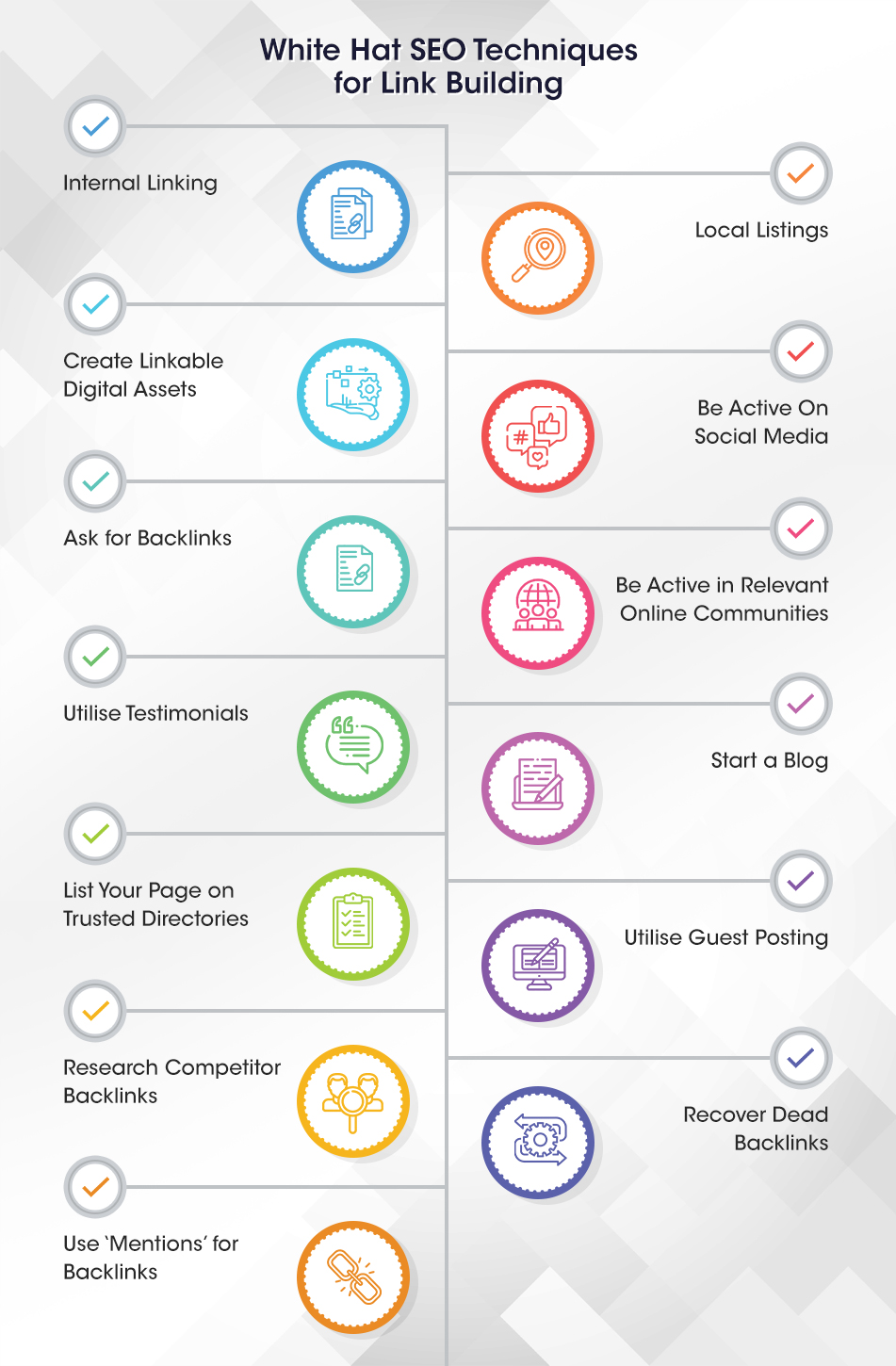
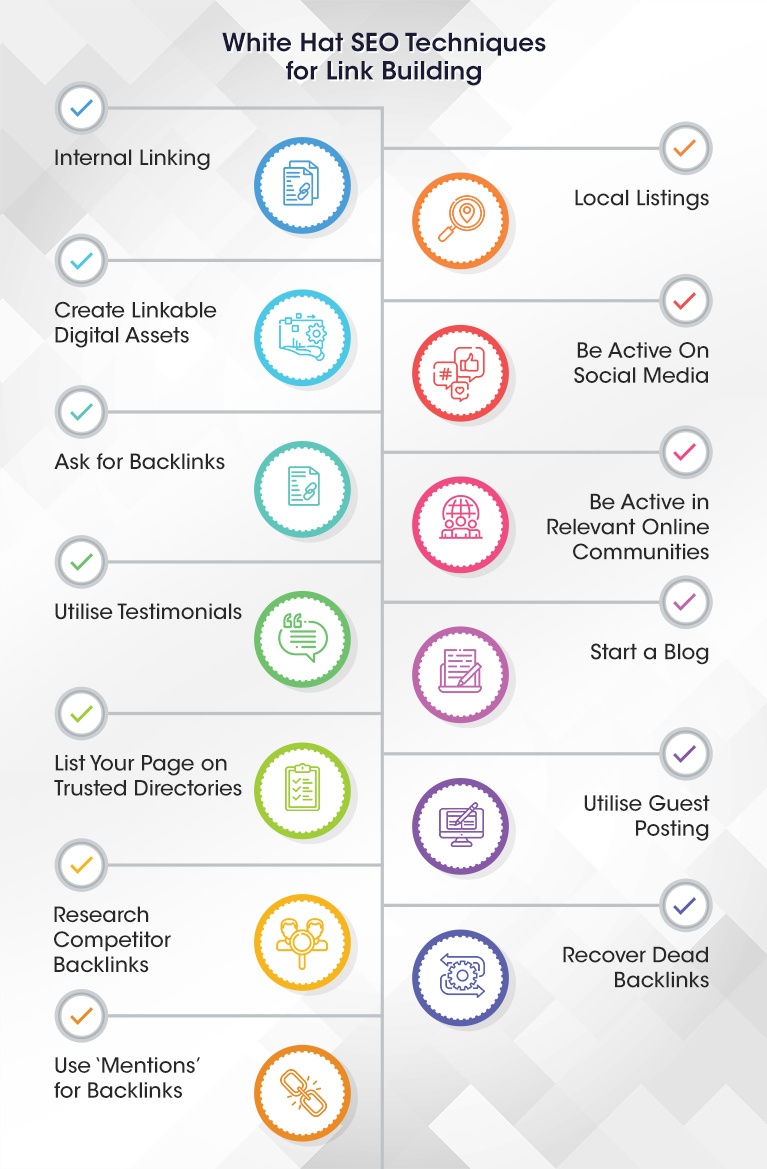
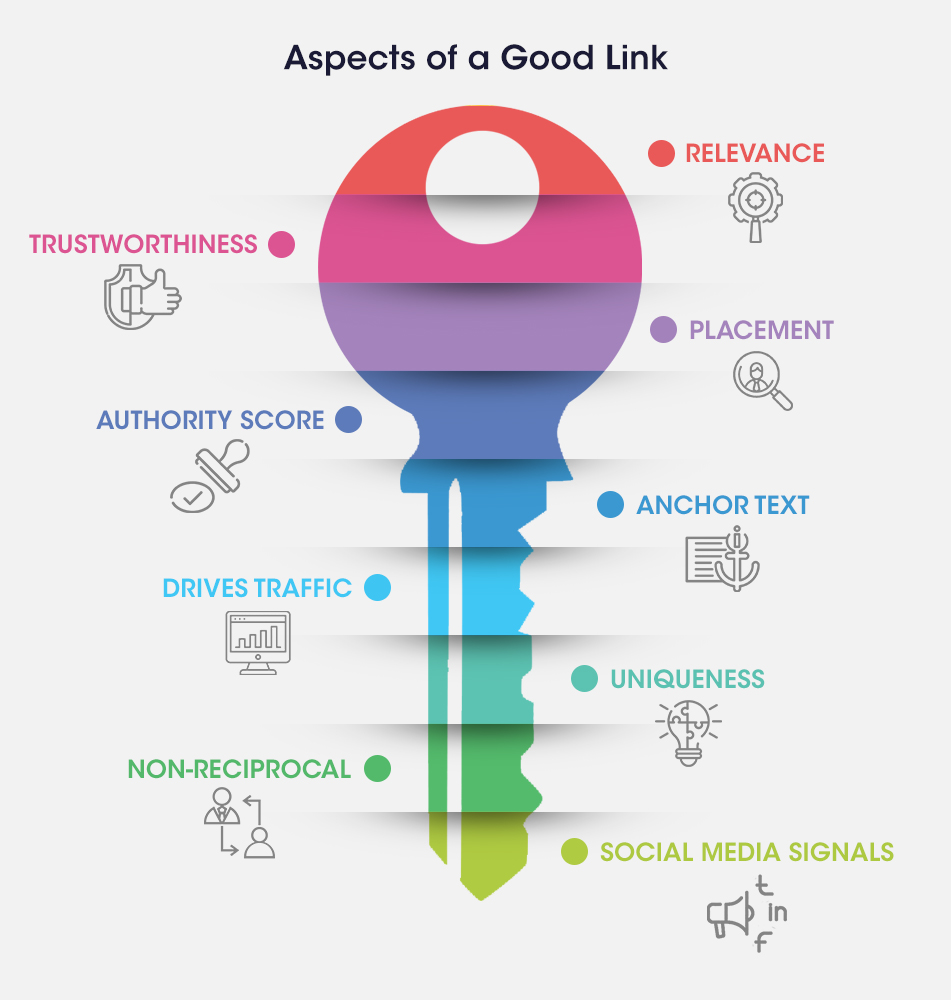
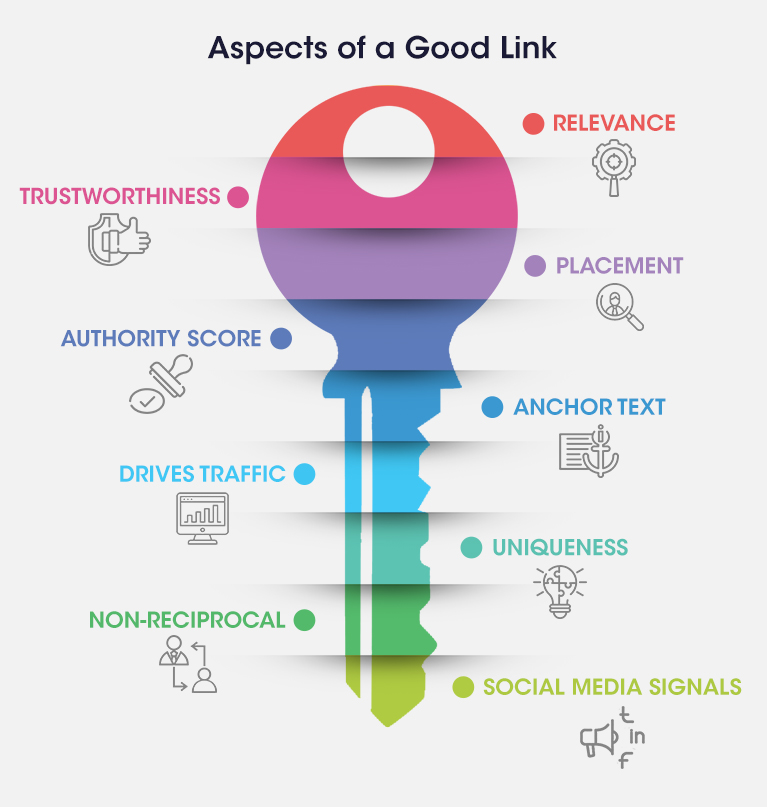
Myth #5: SEO is a ‘Set It and Forget It’ Job
Fact: SEO requires an ‘Always On’ Approach
Online environment is dynamic, as are the audience needs. Preferences and trends change in a jiffy – websites need to be ready to adapt to stay ahead of the competition.
What You Should Do
SEO – constantly evolving tasks – needs monitoring, testing, analysing, modifications as you go along. Stay on top of prevalent trends and audience needs, keep track of what is working for you and what isn’t. Tweak SEO strategy to fit requirements. Keep content fresh, links relevant, and stay ahead.
Myth #6: Page Load Speed is Irrelevant for Ranking
Fact: Page load time is another ranking consideration. Plus, slow-loading pages decrease customer satisfaction, increase bounce rate, and negatively affect your ranking.
Not only page load time but bounce rate as well – both are considerations for ranking. Slow loading pages are usually skipped by search engine crawlers. If load time is more than 3 sec., users won’t stick around and will move on. If a website loads quickly & is easy to use, users spend more time.
What You Should Do
Focus on improving load speed for websites. Optimise for easy navigation.
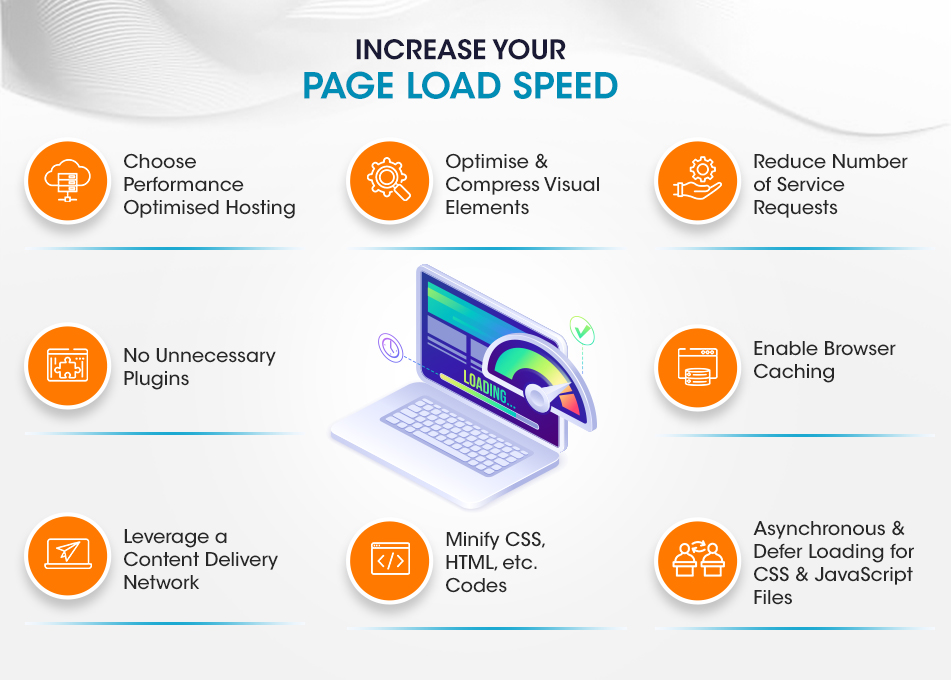
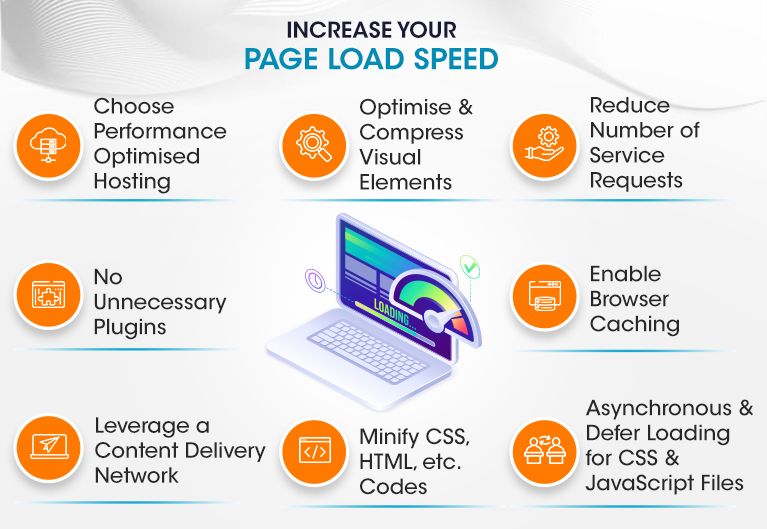
Myth #7: SEO Incurs Huge Expenses
Fact: There are a plethora of SEO strategies, which can be utilised for customised SEO ‘solutions’, ensuring suitability for a range of budgets.
SEO is not exactly ‘free’, but it does not have to be an extravagant expense either. Much affordable as compared to paid campaigns like PPC, Google AdWords, etc. SEO takes time – organic growth – many tools and solutions available to ensure various-sized businesses can opt for customised solutions based on budget.
What You Should Do
Don’t opt for SEO services; look for holistic solutions that take all aspects like present SEO analysis, budget, etc. in consideration, and can be scaled as per needs. Build website’s SEO profile – with time, will rank better (as long as optimised throughout). Drives completely organic traffic – improved conversions.
Myth #8: SEO Has Only One Approach
Fact: SEO is highly subjective, where different businesses may have different marketing goals, and therefore, has various approaches that can be utilised.
There is not just one way to optimise your website for better search engine results. Fundamentals of SEO may be similar – methods and applications of fundamentals are different. Every content creator & website owner has a different approach, based on what they need from SEO.
What You Should Do
SEO tactics vary with niche, type of website, target audience, and form of content. Determine goals you want to achieve, be creative and innovative, create quality content, do your research – create your own SEO solution – do not follow someone else’s roadmap.
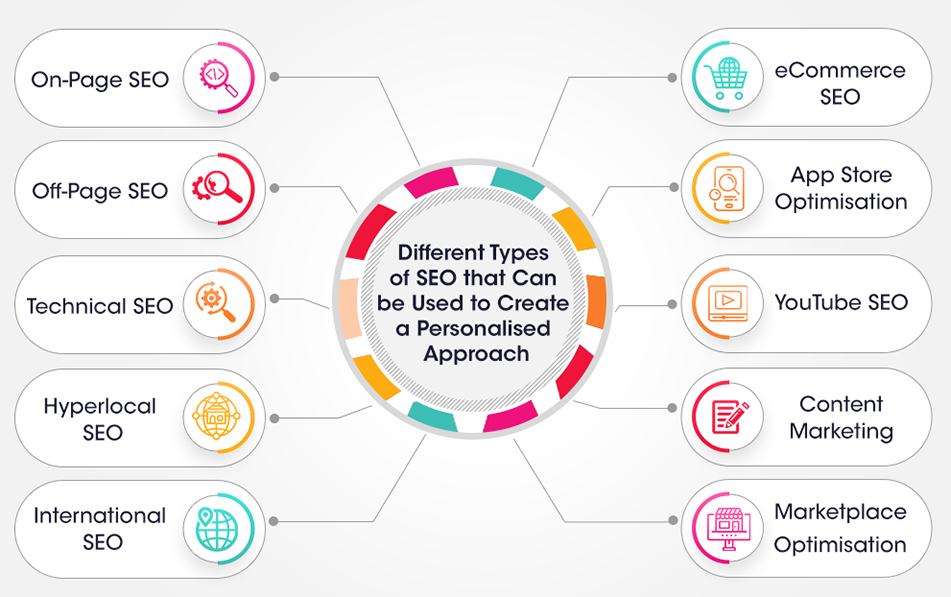
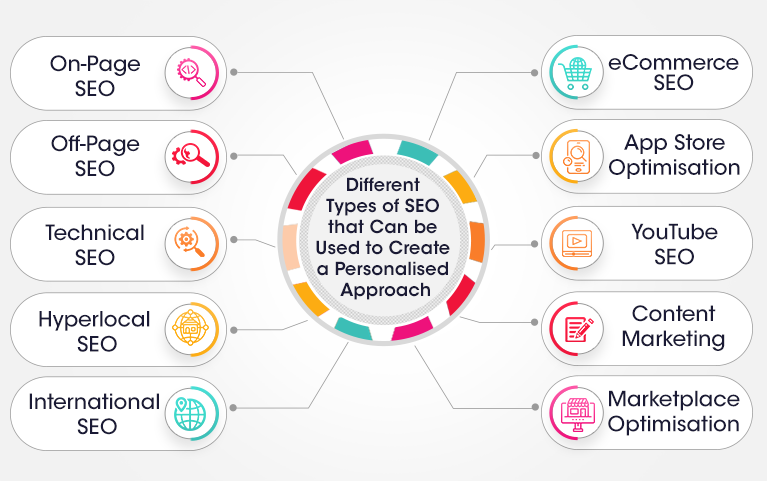
Myth #9: A Simple Website with Static Content is Sufficient
Fact: Content matters! As does the type of content, when it comes to user experience.
Once upon a time, static content may have been the best type of content. Not anymore. Interactive content – increasingly winning audience, improving SEO, improves brand recall, helps with backlinking, increases traffic, increases engagement and time spent on site. Audiences want to consume engaging content like audio, images, and video.
What You Should Do
Add audio and visual elements to website, like interactive videos of IGs. Create dynamic website that adapts to user environment – attracts more users than a static website.
Myth #10: Keywords Research is Pointless and a Waste of Time
Fact: Keyword research is fundamental starting point to SEO.
Keyword research provides vital information for business growth. Using relevant keywords in content, page titles, and metadata – best way to attract relevant audience; and keyword research is what tells you about the terms people looking for your product/services are actively using for searches. Also helps you understand competitiveness of keywords – helping guide content marketing strategies to improve organic visibility, ranking, traffic.
What You Should Do
No point in great content if it has no reach. Research thoroughly, do your due diligence in choosing keywords. Use keyword research tools for important data – look for relevant keywords with a good amount of traffic, pay attention to your competition for target keywords. Pay attention to adding value.
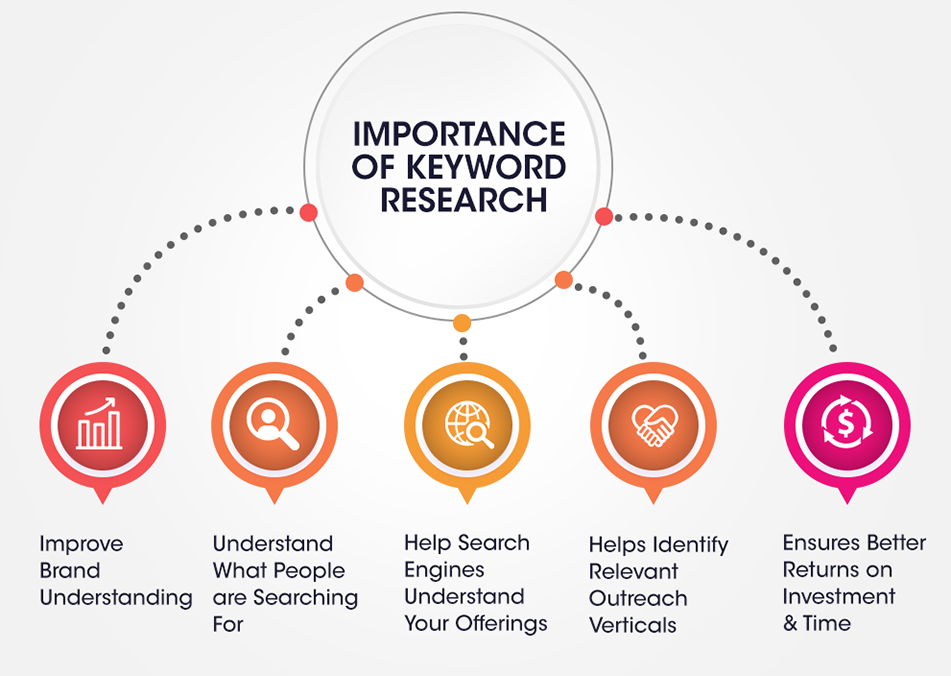
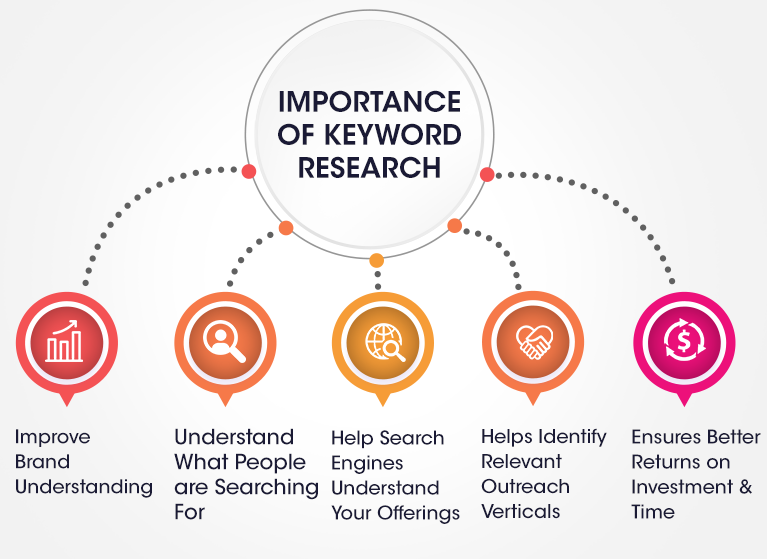
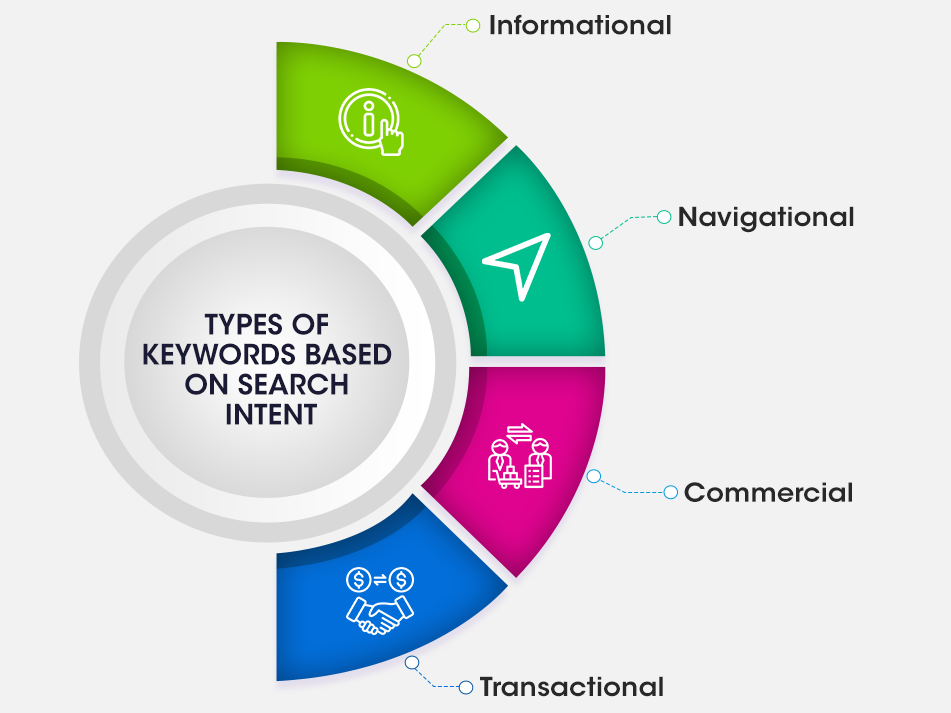
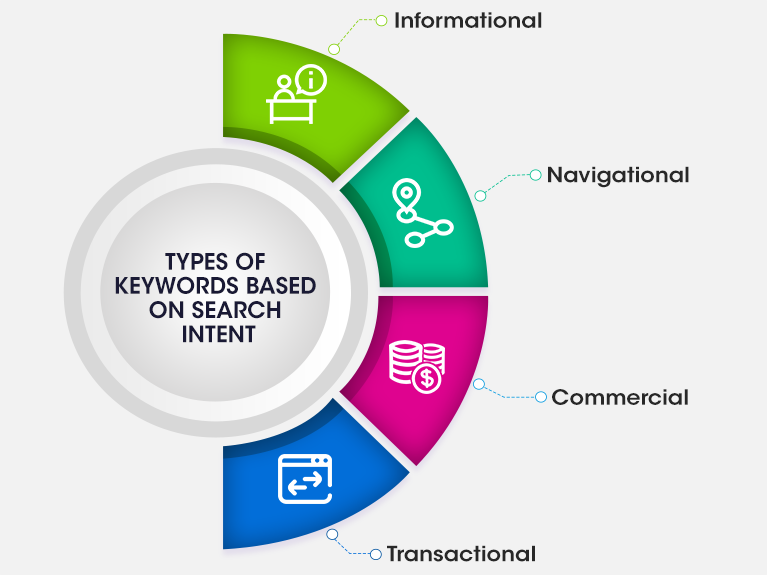
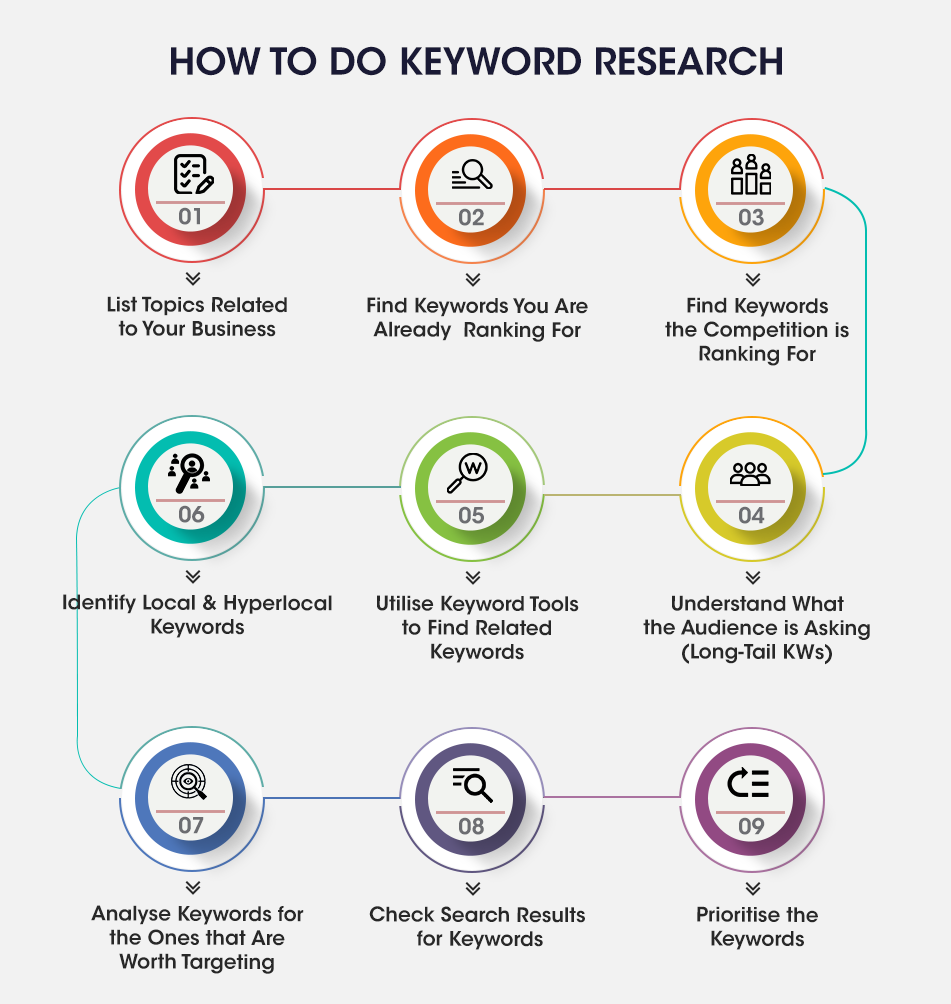
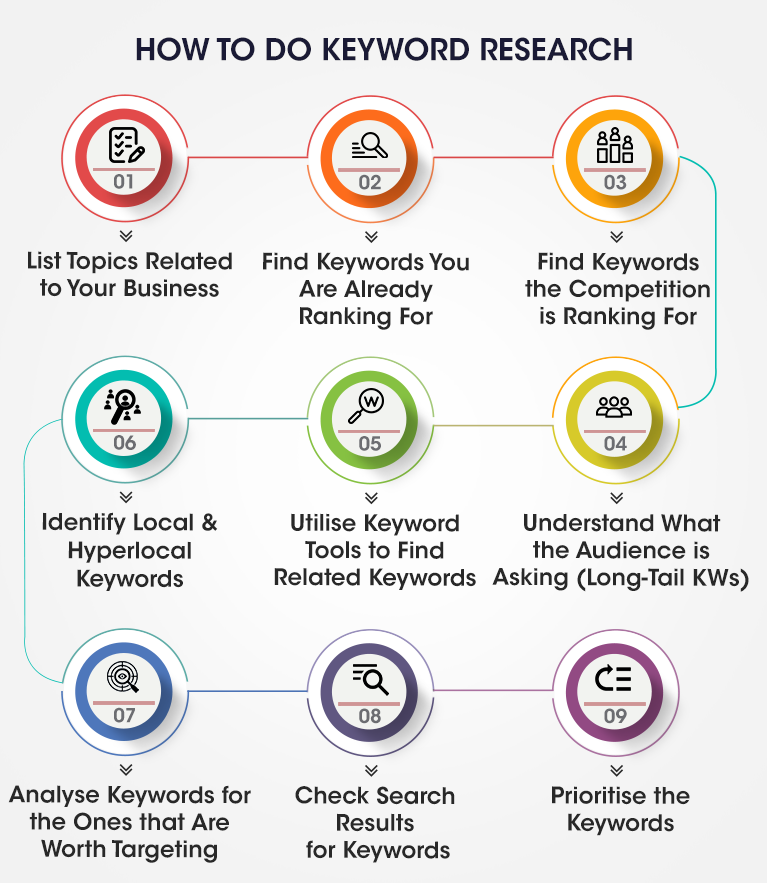
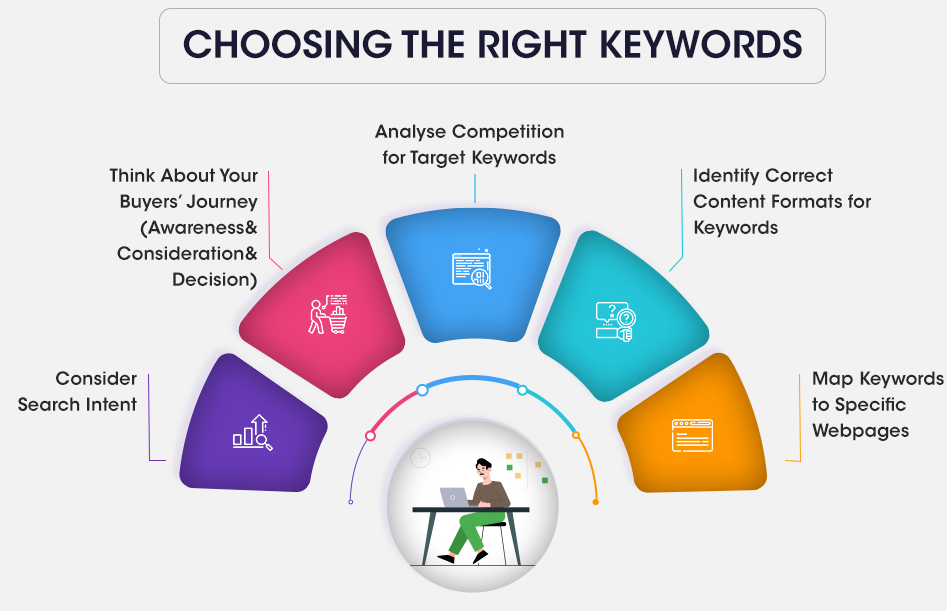
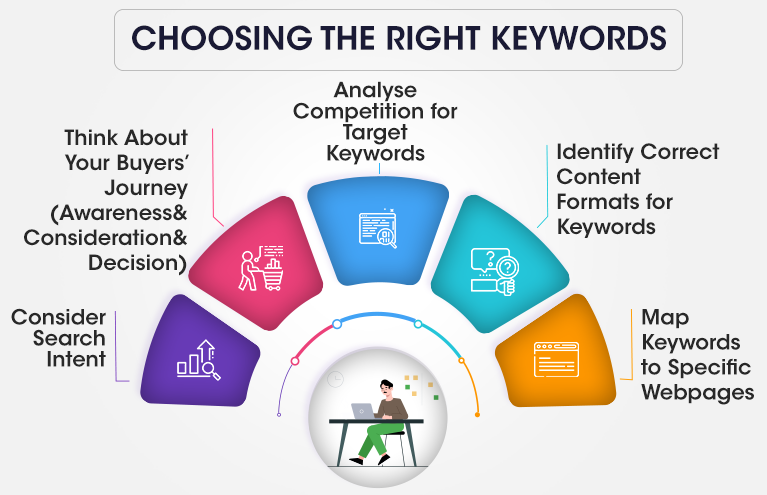
SEO forms the backbone of your website’s success and is something that requires time, effort, and research to rank high in SERPs. That is why it must start with the right approach which weeds out strategies that are born of prevailing SEO myths.
Bhuwanesh is a Strategic growth marketer with 15+ years of experience in conceptualising digital marketing activities for B2B and B2C industries like EduTech, E-commerce, Manufacturing, Travel, and Real Estate. He has helped businesses increase leads and sales significantly up to 500%, by implementing different growth hacking techniques.
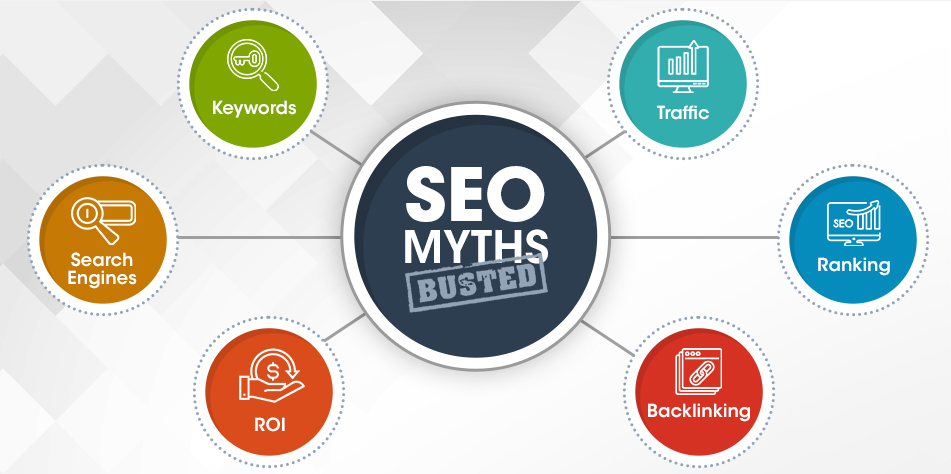





Leave a Comment